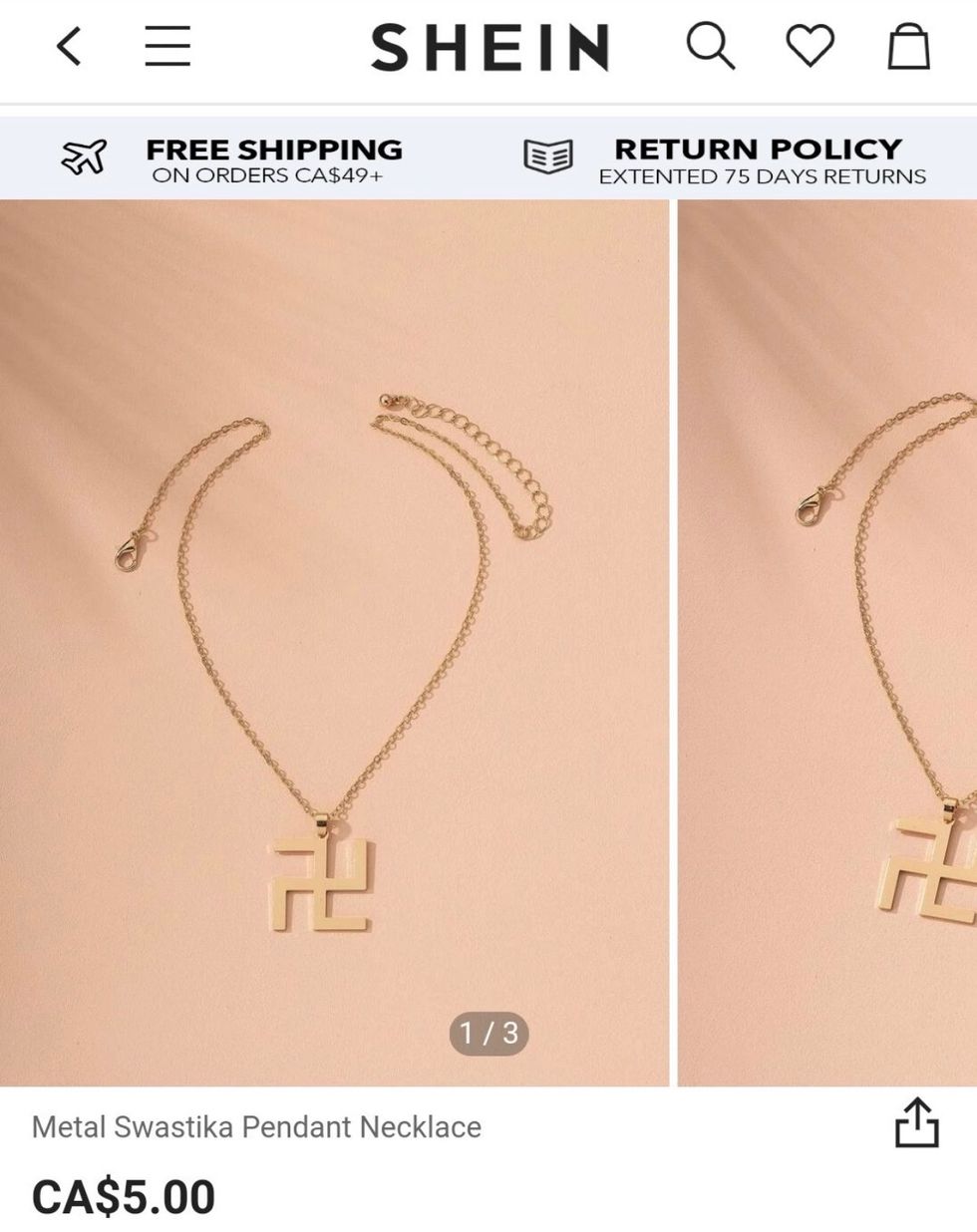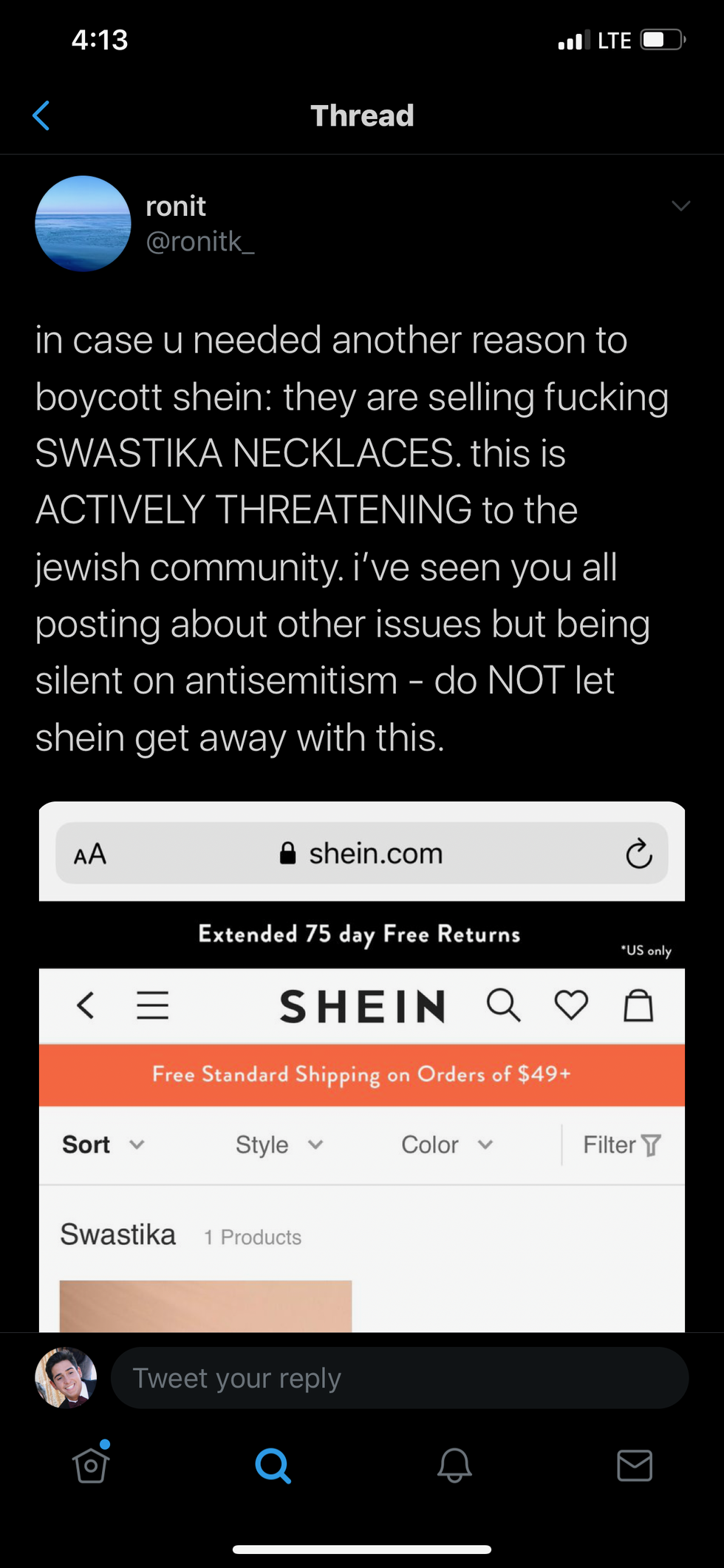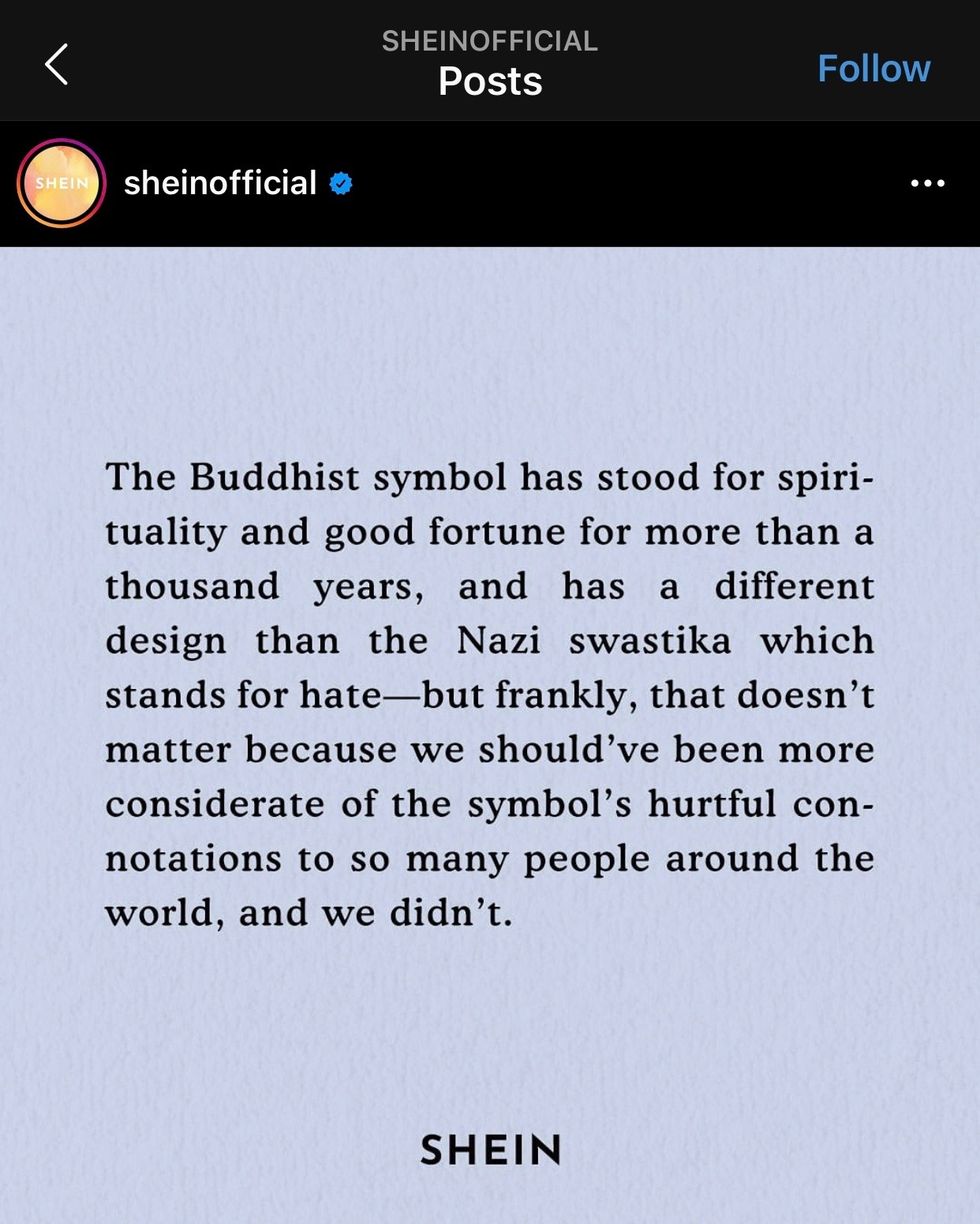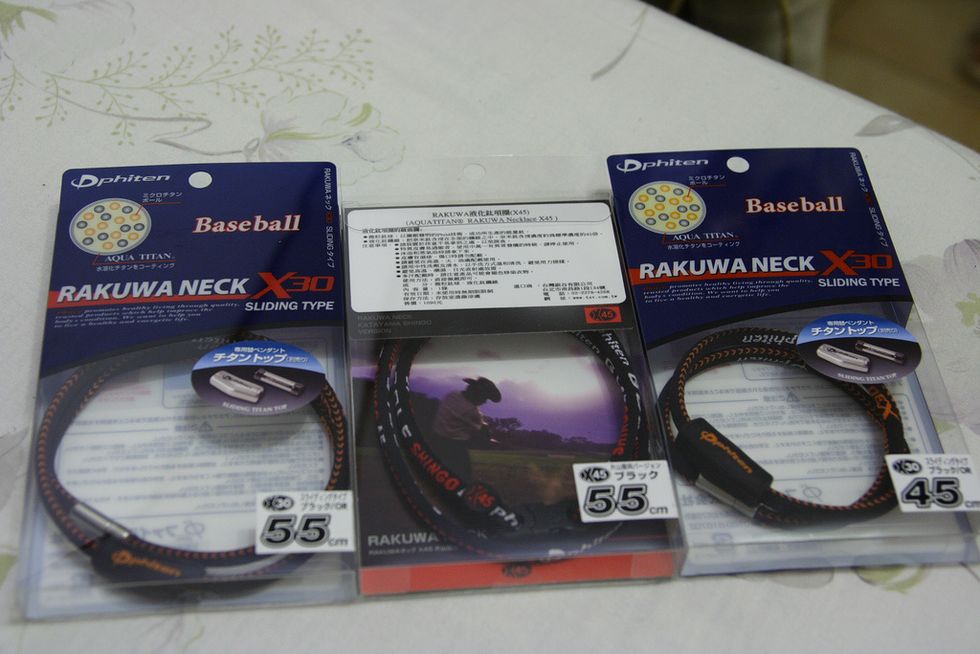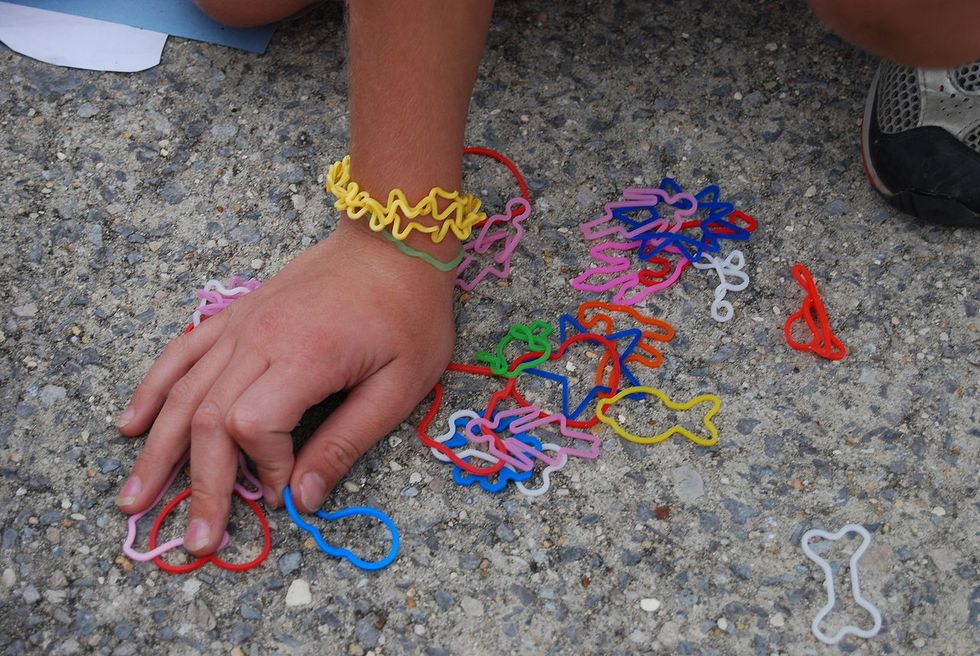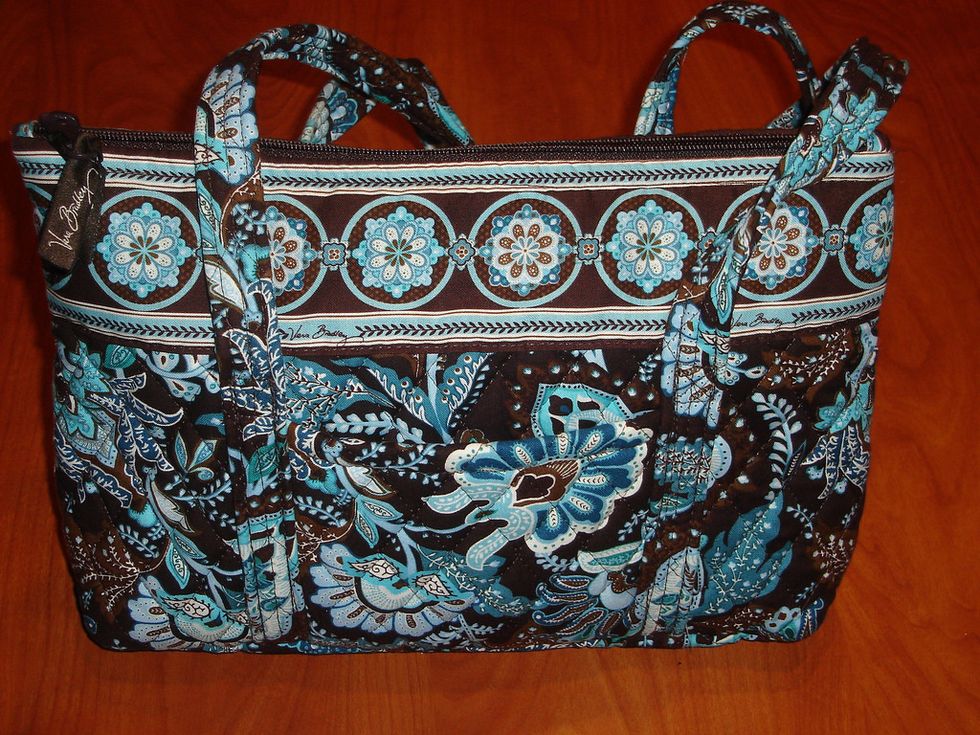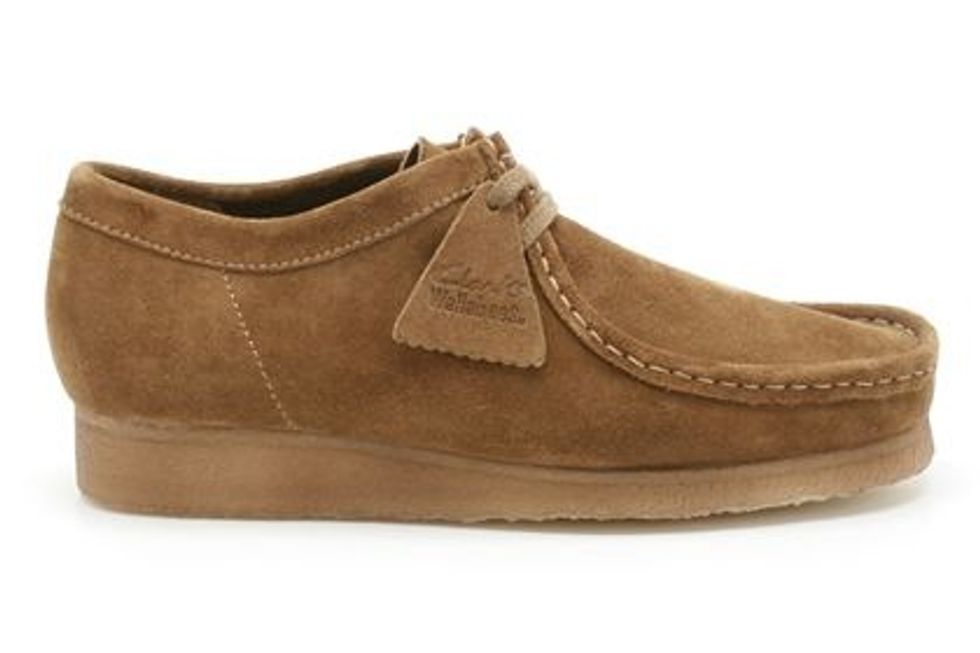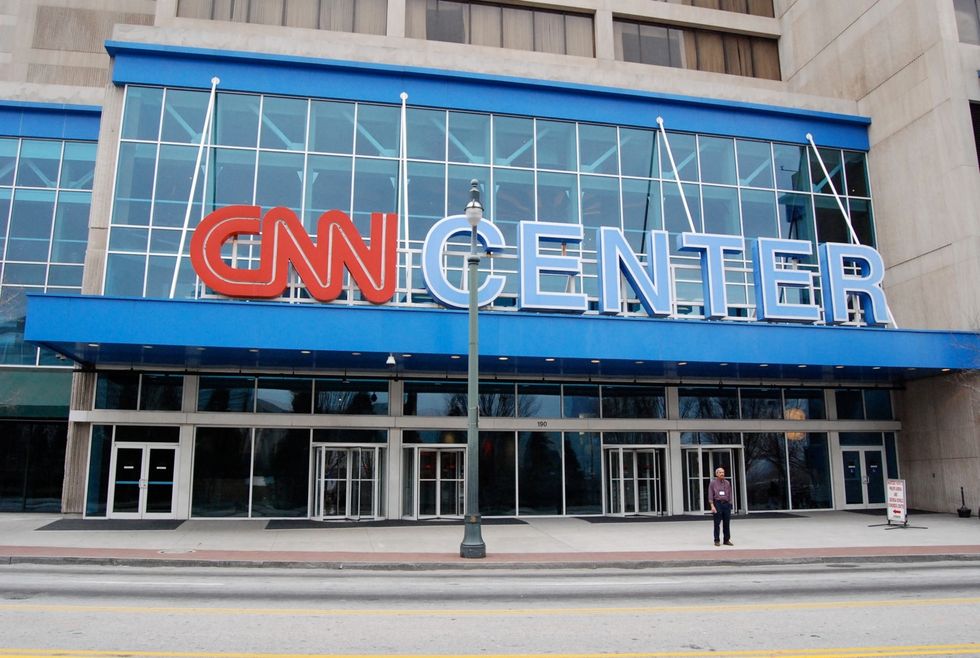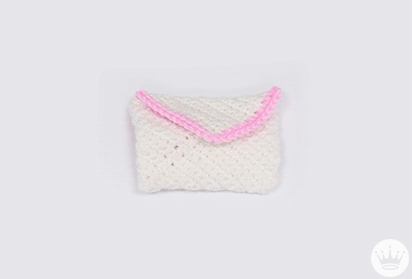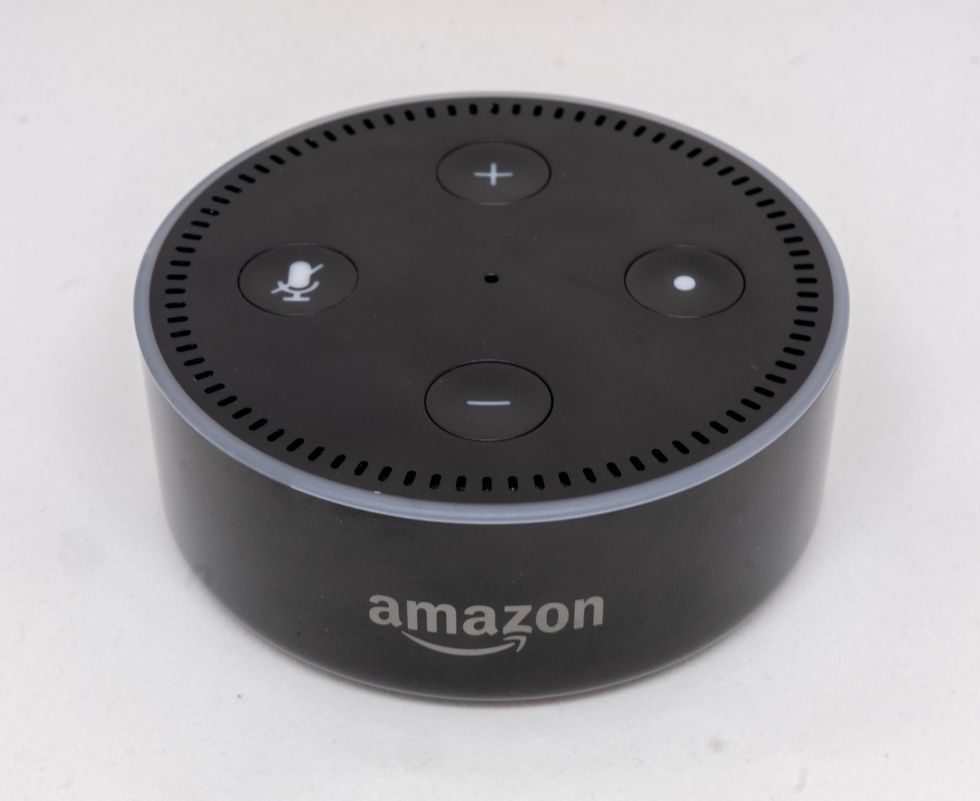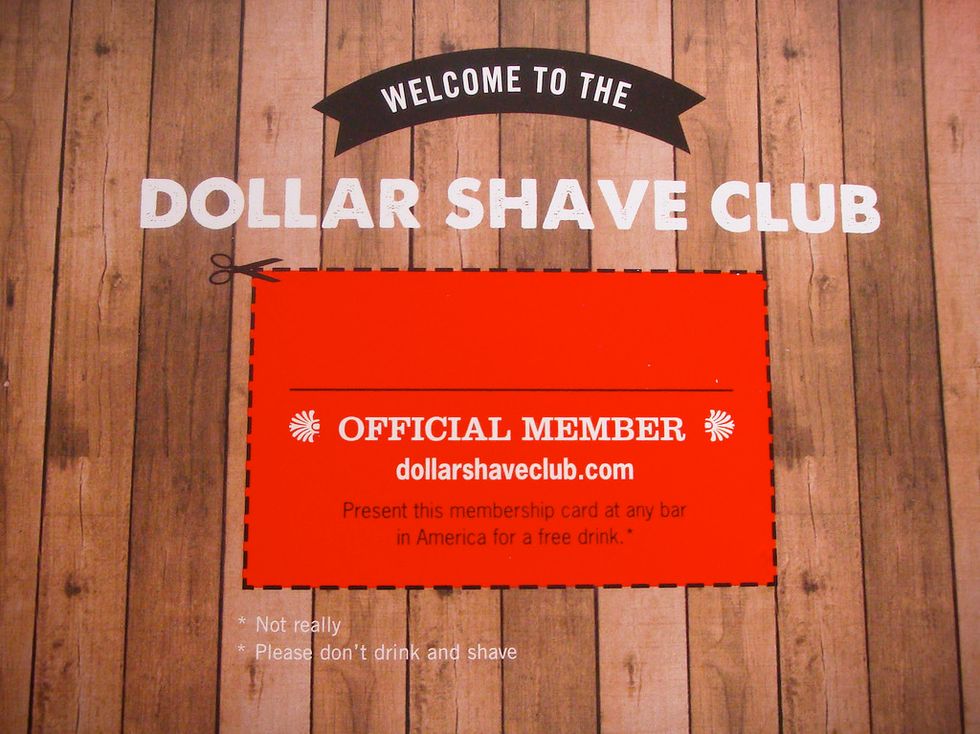SHEIN's Swastika Necklace Controversy Is Only The Tip Of The Fast Fashion Iceberg
SHEIN's recent swastika necklace controversy bring up the larger conversation of the issues within the fast-fashion industry.
On July 10, 2020, fast-fashion brand SHEIN.COM posted an apology letter on their Instagram after receiving immense backlash from online communities for selling a "Metal Swastika Pendant Necklace" on their site.
This comes right after the company apologized earlier this week for selling Muslim prayer mats as a "decorative rug".
Many people went to social media posting tweets and Instagram stories expressing their disapproval of the brand and to encourage people to stop shopping on their website and completely boycott the company.
One user, with over 12,000 retweets and 24,000 favorites, tweeted "This is actively threatening to the Jewish community … do not let SHEIN get away with this."
In SHEIN's apology, the company admitted to making a "huge mistake" and has since removed the product from their website.
SHEIN said the necklace was meant to be the Buddhist symbol for spirituality and good fortune but should have been "more considerate" to those who see the symbol as it was used for Nazi propaganda.
However, this entire situation brings up the larger conversation of fast-fashion brands and how they function as an industry.
Recently, many younger generations have been speaking up against fast-fashion companies like SHEIN, Zara, Forever 21, and many other popular brands for their impact on the environment.
Fast fashion is cheaply producing large amounts of garments rapidly. Companies have turned to the business model and people have bought into it.
Clothing production has more than doubled since 2000.
As more clothes with cheaper price tags come, people continue to fill their wardrobes with the latest trends.
In 2014, people bought over 60 percent more clothing than in 2000.
However, these pieces only last a couple of weeks in one's closest before being replaced by the newest cycle of $10 garments.
This cycle is wasting precious resources and polluting the environment. The UN Environment Programme found that the fast fashion industry was producing 10 percent of all carbon emissions and destroying global watersheds.
Thousands of garbage trucks full of old textiles and garments are being burned or thrown into landfills daily and if not changed the industry will use up 25 percent of the world's carbon allowance by 2050.
Textile dyeing is the second-largest polluter of water. Making a pair of jeans required about 2000 gallons of water.
These are just some of the facts relaying on how detrimental fast-fashion has become on the environment.
It is up to us as consumers to be smarter about the garments we buy and the larger effect they have on the world we live in. I know it can be easy to fall prey to a simple 10$ shirt or 20$ pair of jeans from stores like Forever 21 but there are other options.
Thrift Stores like Goodwill are full of interesting and unique pieces from brands like Tommy Hilfiger, Lululemon, and Levi's.
These stores are the perfect place to find second-hand clothing recycled from known brands for ⅓ or ¼ of their original price. With just some digging anyone can find what they were looking for.
Given the current pandemic, it is understandable that some people don't feel comfortable going into stores especially where they will be handling other people's items.
But, In recent years many apps like Poshmark and Depop have come onto the market which let customers buy and sell second-hand clothing all from their phones.
These apps let people upload old clothing to be bought by other users and can also filter through vintages pieces themselves.
Many of these apps also include a huge market for used designer clothing.
For those who are living on a budget and can't afford to stroll into Niemen Marcus for a sweater, this can be an easy way to add some luxury pieces to their wardrobe without breaking the bank.
Fast-fashion has a long way to go before it disappears from the clothing industry.
But, thrift stores and second-hand clothing apps are just some ways you are strawy away from larger brands and reduce your personal environmental impact.


